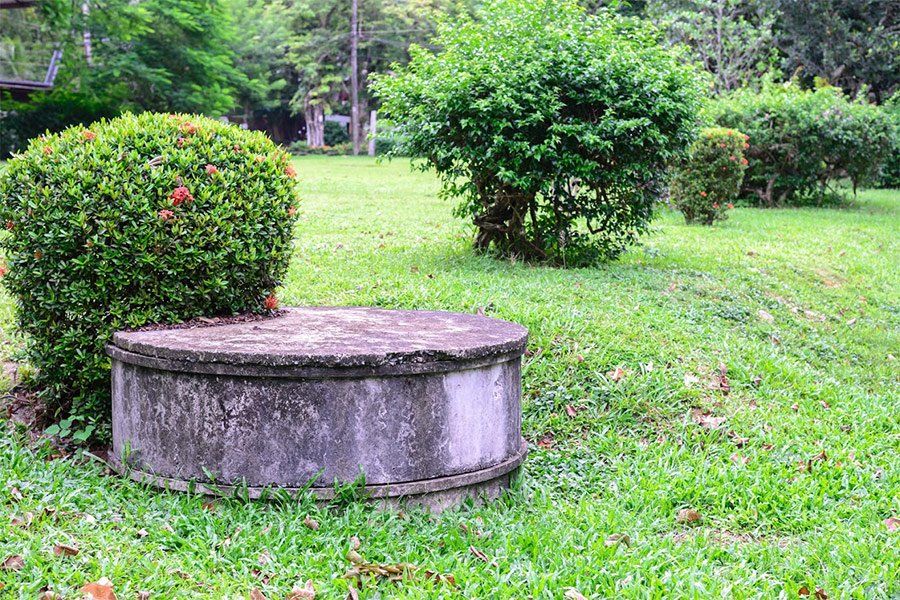Your septic system is a great way to process wastewater locally. When it's working properly, it can reliably process out pathogens and keep wastewater out of groundwater and surface water nearby. But how well you care for your septic system can also affect how eco-friendly it is. Here are some tips for septic maintenance to keep your system green.
1. Choose Trenchless RepairsTrenchless repairs involve pipe repair and replacement methods that don't require digging the entire pipe out of the ground. Often, the pipe in question is the main sewer drain line that leads from your home plumbing to the septic tank. This sewer line can fall victim to tree roots or other types of damage.
Trenchless repair techniques allow you to avoid many of the environmental disturbances that would come with a major excavation project. These could include:
Trenchless repair techniques allow you to avoid many of the environmental disturbances that would come with a major excavation project. These could include:
- Fuel burned by excavation machines
- Loose soil that could wash into nearby waterways
- Untreated sewage that may be exposed from underground
In addition, the process is more sustainable because it often reuses materials you already have (one type of trenchless repair involves simply lining the inside of the pipe). This means the old pipe isn't sent to the landfill.
2. Schedule Regular Septic Tests and InspectionsSeptic tests and inspections allow you to monitor the environmental impact of your septic system and its overall function. Because the system's function is what keeps your wastewater from contaminating the environment, inspection is an essential step if you want your system to stay eco-friendly.
Some common septic malfunctions that could cause environmental contamination include:
- An overwhelmed leach field
- Pipe or tank leaks
- An overfilled tank
Ideally, you should arrange for a septic inspection annually or at least every other year. At the inspection, your contractor can also check to see if you need your tank pumped that year or not.
3. Follow Professional Recommendations for Septic UseYou've probably heard that you can accidentally clog your drains if you dump grease down the kitchen sink or put solid objects into the toilet. Your septic system can similarly suffer from any departure from best practice usage. The damage your septic system suffers could then result in untreated waste being released into the environment.
Best practices include putting certain items in the trash rather than the drains, toilet, and septic system. These include:
- Baby diapers
- Flushable (or nonflushable) wipes
- Cotton balls and cotton swabs or rounds
- Dental floss
- Chemicals
- Antibiotics
- Cat litter
- Coffee grounds
- Feminine hygiene products
- Facial tissues or paper towels or napkins
Simply, if an item is not made of septic-safe toilet tissue, don't drop it into the toilet, much less any other drain.
4. Keep Septic Tank's Microflora HappyYour septic tank's microflora are the mechanism that actually processes wastewater so that it won't harm the environment. So you should take care not to accidentally kill them.
One of the items you're not supposed to flush is antibiotics. However, if you get ill and have to take antibiotics, some of the antibiotic could end up in your septic system unintentionally. In this scenario, you may need a biological septic tank additive to help boost the numbers of microflora in case some of them die.
Three other things your septic system's microflora need to stay healthy are:
- Air in the leach field (so don't overuse the system)
- A lack of dangerous chemicals
- A Regularly pumped septic tank
Fortunately, your septic system's microbe populations are typically quite robust and should continue to work for years as long as you keep the system well-maintained and don't flush chemicals into the system.
These tips will help you keep your septic system operating well and in harmony with the natural environment. For more information on septic tank maintenance and inspection or septic tank additives, get in touch with
Walters Environmental Services today.





